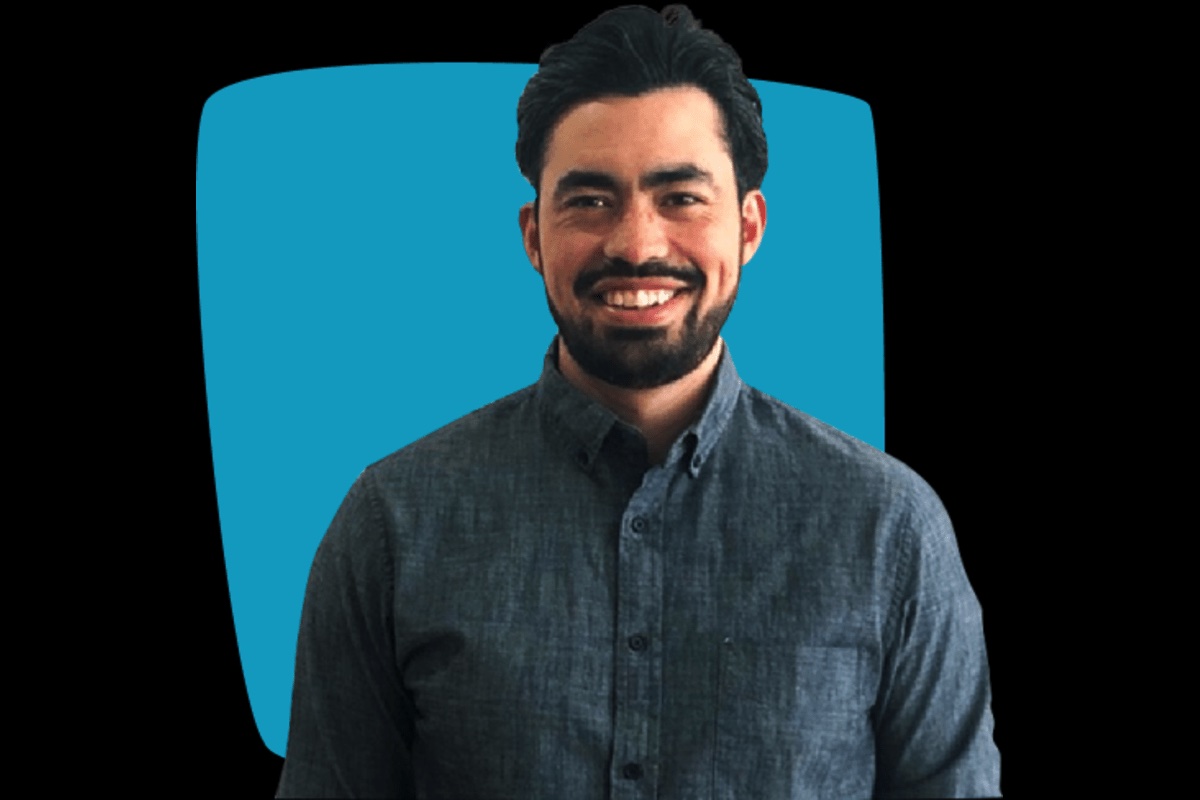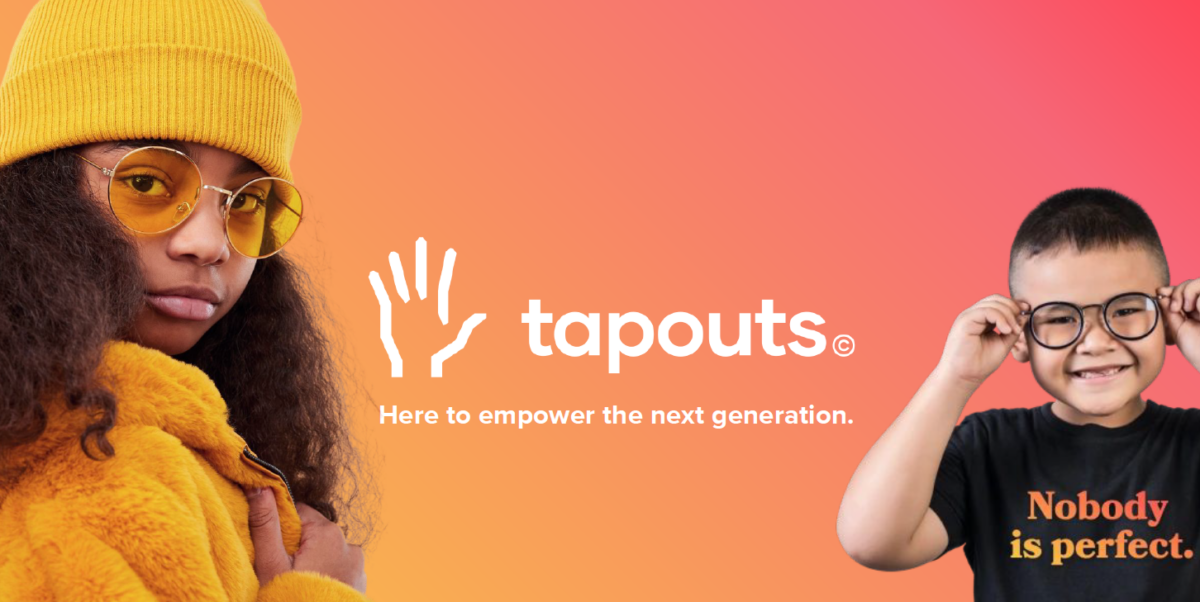In this Q&A, you’ll hear from Alex Alvarado, co-founder and CEO of Daybreak Health, a school-based teletherapy and mental health platform. Alex shares how his own family’s struggle to find culturally competent care led to an evidence-based care model that drives better behavioral health and academic outcomes.
Tell us about what you’re doing at Daybreak Health.
Alex Alvarado: Daybreak Health is the leading provider of school-based mental health services. Aiming to ensure equitable access to the care students need, we partner with school districts to provide personalized teletherapy and mental health support to help each individual reach their full potential.
Daybreak’s programs are designed to give students access to high-quality, affordable, and culturally competent care to meet their unique needs. Our evidence-based model fosters progressive improvement, driving academic outcomes like better grades, higher attendance, and behavioral improvements.
Our program data shows that 81% of the students we work with have clinical improvements on the GAD/PHQ [anxiety/depression assessments], four out of five school counselors report noticeable improvements in student’s symptoms, and 92% of families report behavioral improvements at home.
What led you to pursue this opportunity?
AA: Daybreak’s story started about 15 years ago when my younger brother’s struggle with depression during middle school and high school changed the course of his life forever.
Our family tried for years to get him the support he needed. But, in the early 2000s, most schools didn’t offer student mental health support, and finding a local therapist that took our insurance was near impossible.
In Mexican-American culture, we often struggle to understand or put words to “mental health.” My family did not initially understand that what my brother was struggling with was a diagnosable and treatable condition that is incredibly common and thus, were at a loss of which actions to take to support him.
My parents spent hundreds of hours trying to find him a therapist that was covered under insurance and less than an hour’s drive away, however, they were ultimately never successful in finding a therapist that could relate to my brother’s cultural identity and unique struggles. After several years of failed attempts to find help, the crisis caused my brother—previously a high-achieving student who had been accepted to college—to drop out of school.
This personal experience proved to me that more could be done to get youth better access to mental health support. Wanting to do something about it, I got in touch with my Stanford University roommate, Sid Cidambi, who shared a lot of the same passion, and we co-founded Daybreak to help solve this youth mental health crisis.
How did you turn your idea into a company?
AA: Tackling the youth mental health crisis seemed like an insurmountable problem to solve. But we knew we could do it if we started at the place where kids spend the majority of their time: school.
We spoke to different school districts and began our journey of bringing Daybreak to life — starting in our home state of California.
When it came to getting the investment funds to make this all happen, it was critical for Sid and I to educate investors on the necessary convergence and connection between education and healthcare.
When we brought on our first investment partner, Maven Ventures, we felt like they truly understood the future trajectory of our company and what we were capable of doing to make lasting, positive change for this generation.
Since then, all our additional VC partners (Union Square Ventures, Lux Capital, Lightspeed Venture Partners, and Y Combinator) have been incredibly supportive and shown they’re just as passionate about this mission as we are. We truly have the best investors in the industry.
How big can this get?
AA: There are millions of youth who need mental health support and don’t have access to it. And, the youth mental health crisis is only getting worse with a lack of providers available to meet these needs. To be specific, The National Association of School Psychologists recommends a ratio of one school psychologist per 500 students, but they estimate there’s currently an average ratio of one per 1,211 students.
Daybreak is committed to partnering with our nation’s school districts to make mental health support accessible to all kids who need it. These partnerships are core to how we reach kids where they spend the majority of their time, allowing us to leverage existing school infrastructure to reach kids through the right channels and at the right moment to maximize impact.
How do you reach your core customer?
AA: Our core customers are public school district leaders and administrators who are building programs to support students with mental health needs.
School-based teams love Daybreak because it allows them to quickly expand capacity and give more students access to high-quality mental health support. They can easily make referrals and can feel confident it’s a highly utilized mental health program — not just a “check-the-box” solution.
That’s why we’ve dedicated Daybreak’s mission to supporting the incredible school leaders across the country who make a difference every day. Daybreak’s clinicians help students ultimately show behavioral and academic improvements despite the challenges they are facing.
Today, we’re proud to support the mental health programs of more than 70 school districts representing over one million students across the US.
What’s next on the roadmap?
AA: We’re really focused on national expansion over the next three to six months, and we are already partnering with some of the largest school districts across the country.
Our 1:1 teletherapy program offering continues to be our core offering, but we also offer elementary teletherapy services, onsite services, mental health classes, and a universal mental health screener.
Anything else you’d like to share with readers?
AA: When it comes to mental health care, one size does not fit all. Daybreak Health’s clinicians treat a broad range of student mental health needs, including anxiety, depression, grief, stress, trauma, and more.
Teens who are at the highest risk of experiencing mental health challenges include youth who identify as BIPOC, LGBTQ+, low-income, and are living in rural areas, experiencing homelessness, and/or are part of immigrant households. We have specific sub-programs designed to meet their needs, which makes all the difference with a student population that is increasingly diverse.
Our clinician base specializes across 26 different mental health conditions and 13 modalities of care and speaks 14 different languages. Meanwhile, 74% report as BIPOC, and 14% are members of the LGBTQIA+ community.
We match students with a therapist that they can most relate to to drive strong therapeutic alliances. That’s why 90% of the students we work with say we matched them to the right clinician.
Related content from Fitt Insider:
Issue No. 224: Social Dilemma
The Mental Health Crisis Worsens
If you’re interested in having your company featured in our Q&A series, send an email to team@fitt.co.
 Daybreak Health
Daybreak Health


